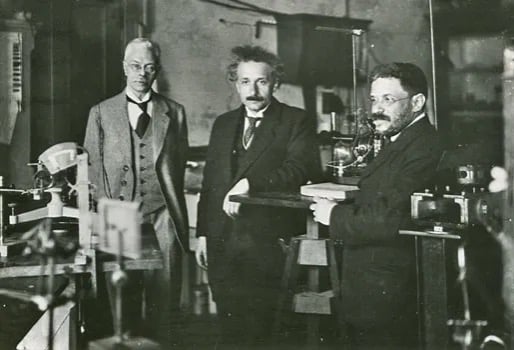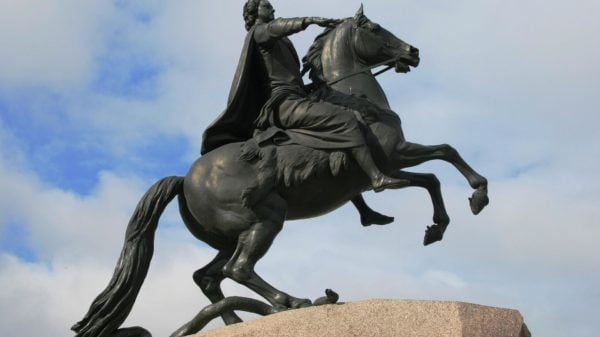A Nobel Prize is an award that is given to people who have had some exemplary discovery. Nobel Prize winners are indeed a prestigious honors for the recipient’s knowledge and grit. There have many Nobel Prize winners in the last century as they have made some substantial discoveries. The following is a list of these Nobel Prize winners who have contributed a lot to the community and the world through their scientific findings.
1. Albert Einstein
Who better to start off this rundown than with maybe the most well-known researcher since the beginning of time? Albert Einstein claimed the Nobel Prize in Physics in 1921 for finding the reason for the “photoelectric impact.”
This was a baffling wonder where iotas, when barraged with light, produced electrons. In 1905, Einstein contended that light separates into discrete parcels (which we currently call photons). He speculated that, when these light parcels struck molecules, electrons in those iotas assimilated them. Then, with the additional energy, wrested liberated from the particles that bound them.
2. Marie Curie and Co.
Marie Curie was the primary individual to win two Nobel Prizes. She is also one of just two individuals throughout the entire existence of the Nobels to claim the prize in two separate fields. She and her significant other Pierre, alongside Henri Becquerel, claimed the Physics Prize back in 1903 for their revelation of radioactivity.
At that point, she won for science in 1911 for finding the components radium and polonium and exploring their properties. The Curies are the sweethearts of the Nobel Prizes. On top of Marie and Pierre’s successes, receiving the science prize seems to run in the family. Their little girl Irene Joliot-Curie won in 1935 along with her better half, Frédéric.
3. Sir Alexander Fleming and Co.
The 1945 Nobel Prize in Physiology or Medicine went to Sir Alexander Fleming, Ernst Chain, and Sir Howard Florey. They won for their disclosure of penicillin, a parasite, and its utilization as an anti-toxin. Normal insight has it that Sir Alexander made the disclosure coincidentally when he ate a slice of rotten bread and became relieved of an irresistible illness.
The trace of validity in the story is that the exposure was for sure a mishap. Fleming disappeared for holiday in August 1928 and got back to his lab toward the beginning of September to find that an organism had been created in a pile of Petri dishes containing microbes. The microbes passed on in the dishes, quickly encompassing the organism, while microorganisms in the dishes farther away remained unaffected.
4. Hermann Muller
In 1946, an American named Hermann Muller won the Nobel Prize in Physiology or Medicine for finding that radiation causes transformations. He spent the 1920s examining the impacts of X-beams on different creatures. He tracked down an unmistakable connection between radiation openness and deadly transformations in 1926.
Before long, Muller worked vigorously to advance the grave risks of radiation openness. When the Nobel Committee perceived his work, it caused the public to notice the well-being impacts of thermal radiation, particularly in the wake of the 1945 nuclear bombings of Hiroshima and Nagasaki.


















